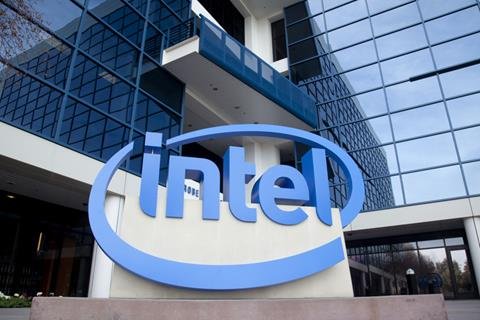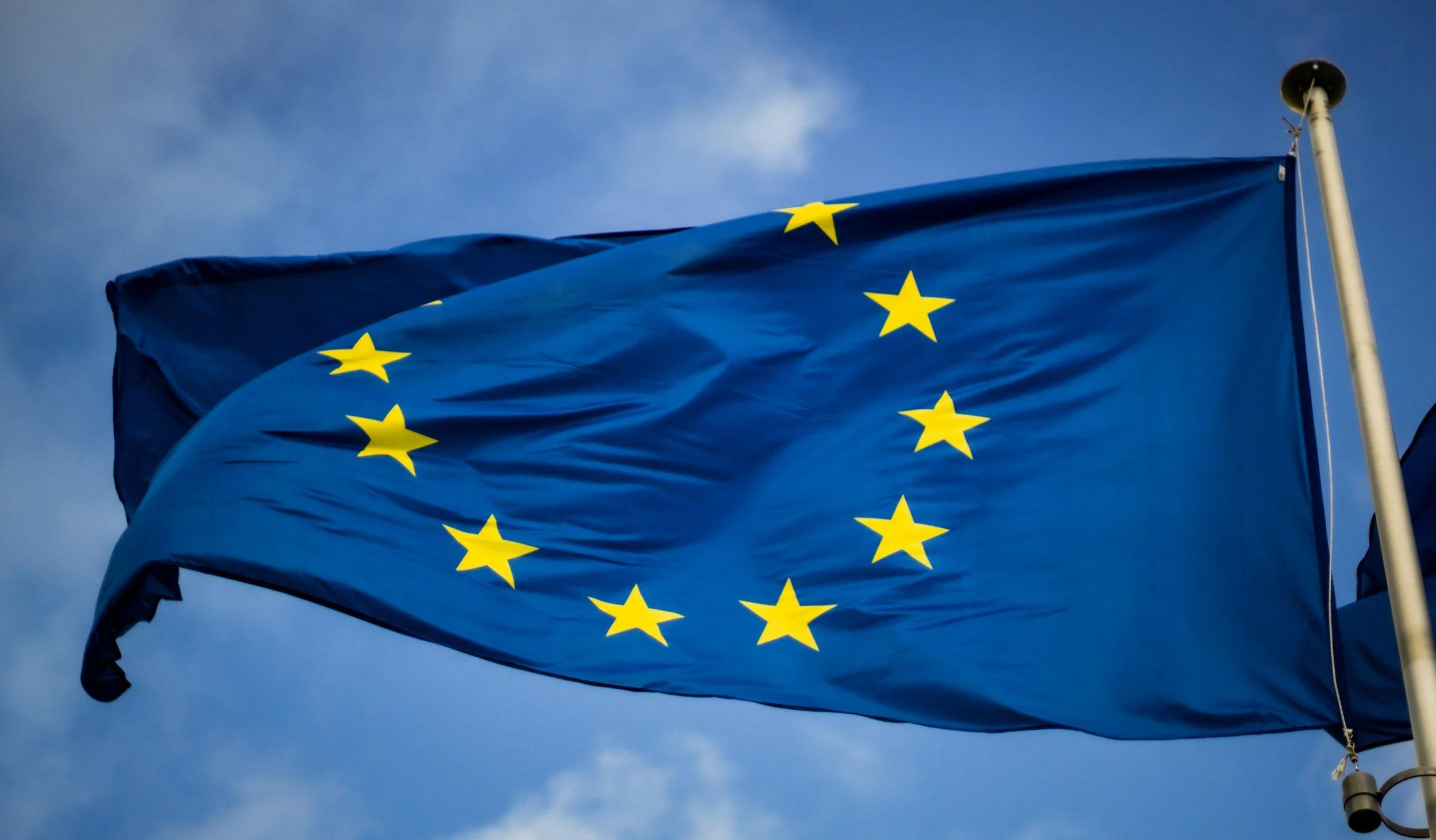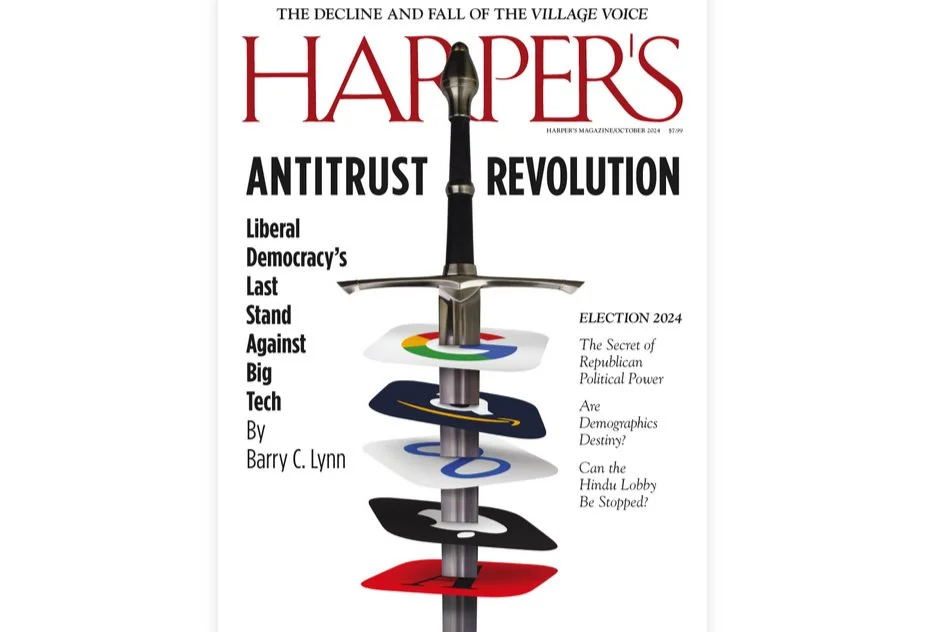Executive director Barry Lynn appears on Keen on arguing that that big tech monopolies like Google, Amazon, and Microsoft pose the greatest threat to American democracy, requiring urgent antitrust action to safeguard freedom
Read MoreExecutive director Barry Lynn points out that while there’s growing recognition of the harms of monopolies within the Democratic Party, the continuation of robust antitrust enforcement depends on sustained political will from future leaders.
Read MoreCJL director Courtney Radsch discusses how Google and Facebook have diverted over $14 billion annually from local news outlets which as significantly damaged the industry, and aims to expose corporate abuses and advocate for systemic change to counter monopolistic power.
Read MoreIn this issue, we explore how Intel’s recent woes suggest that Biden administration’s CHIPS and Science Act was insufficient and recommend how the next administration must go further in investing in semiconductor manufacturing to protect the country’s national interest.
Read MoreAccording to senior policy analyst Karina Montoya, the "spaghetti football" chart, intended to illustrate industry fluidity, instead caused confusion and potentially undermined Google's argument in the ad tech monopoly trial.
Read MoreKarina Montoya shares five takeaways from the initial weeks of the Google ad tech monopoly trial in Tech Policy Press.
Read MoreFood program manager Claire Kelloway was quoted highlighting the utter dominance of large corporations in the highly concentrated food markets, like the mayonnaise industry arguing that without antitrust enforcements ensuring fair competition, it's unlikely that these monopolistic structures will diminishing allowing for market-sharing
Read MoreAs the EU's competition enforcer Margrethe Vestager prepares to step down, Max von Thun writes in the Financial Times that the incoming chief Teresa Ribera must take up the mantle to shape markets in the public interest.
Read MoreChief economist Brian Callaci was quoted criticizing corporations for protecting their control over management while unfairly blaming workers for issues caused by poor managerial decisions.
Read MoreFood program manager Claire Kelloway joins More Perfect Union in reporting on the planned $36 billion merger of snack giants Kellanova and Mars, which could inflate prices on popular products, highlighting concerns over corporate power abuses.
Read MoreBarry Lynn authors Harper's October 2024 cover story, "The Antitrust Revolution: Liberal democracy’s last stand against Big Tech."
Read MoreOpen Markets submits comment on USDA's proposal to define unfair practices under the Packers & Stockyards Act.
Read MoreIn this issue, we report from the Virginia courthouse where the DOJ is laying out its case against Google for monopolization of ad tech. And we look at Europe’s fascinating debate on how to rebuild its economy.
Read MoreLegal director Sandeep Vaheesan and chief economist Brian Callaci have co-written an article on the impact that unaffordable housing is having on regional and national economics, specifically high living cost areas, and what to do to fix the problem.
Read MoreThe collaboration between Open Markets Institute and the NWLC to publish a report warning that private equity investments in child care risk compromising safety and service stability for profit was mentioned in the Colorado Sun.
Read MoreSenior reporter Karina Montoya was a featured podcast guest brought to discuss the start of a significant antitrust trial against Google, focusing on its alleged monopoly in online advertising, with concerns about its negative impact on competition and journalism, highlighting the broader implications for tech regulation.
Read MoreLegal director Sandeep Vaheesan speaks on this podcast episode to discusses the Federal Trade Commission's (FTC) ban on noncompete clauses, which prevent workers from taking jobs with competitors and a recent court ruling that temporarily blocked the ban.
Read More

















